The coworking franchise model stands out as one alternative option compared to launching your own coworking space from the ground up. This model not only enables rapid expansion and brand recognition but also offers unique opportunities for both franchisors and franchisees. We will explore what a coworking franchise entails and explore its benefits, challenges, and key strategies for success.
Understanding the Coworking Franchise Model
A coworking franchise operates under a business format franchise system. Here, the franchisor grants the franchisee the right to use their brand, business concept, and operational model. This arrangement typically involves the franchisee managing the day-to-day operations while adhering to the franchisor’s guidelines and standards.
Just like the majority of how McDonald’s restaurants are owned and operated by franchisees, the same applies to coworking brands like Impact Hub and many others.
Benefits for Franchisors and Franchisees
- Franchisors benefit from rapid scalability, wider brand reach, and additional revenue without the high costs of opening new locations themselves.
- Franchisees gain access to an established brand, proven business model, ongoing support, and reduced risk compared to starting a coworking business from scratch.
Building a Successful Coworking Franchise
Are you contemplating opening a coworking space but unsure whether to go independent or join a franchise? Let’s compare both paths. An independent venture offers autonomy and personal branding but requires ground-up development. A franchise, on the other hand, provides established branding and a support system, though it may involve higher initial fees and less operational freedom.
- Your Business Strategy as an Owner: Whether you choose to be an independent owner or a franchisee, a complete business strategy is vital. Define your coworking space’s unique value proposition and identify your target market. Set achievable growth objectives, considering the resources and support you’ll have in each model.
- Navigating Legal and Financial Considerations: Understand the financial implications of your choice. Franchising might involve initial fees, royalties, and adherence to a franchisor’s rules. If you’re going independent, you’ll have more control but will need to manage all the startup costs and legalities yourself.
- Franchisee or Independent Owner: Making the Right Choice: Reflect on whether your business philosophy aligns more with a franchisor’s model or if you crave the freedom of independent operation. Evaluate your business skills, resources, and the kind of coworking community you want to build.
- Technology and Tools: Whether you’re part of a franchise or running an independent space. Advanced coworking management software can help manage bookings, memberships, and day-to-day operations efficiently.
- Support Systems for Success: A franchise typically offers training, marketing, and operational support. As an independent owner, you’ll need to establish these support systems yourself. This could mean building a network of mentors, seeking out industry resources, and investing in marketing.
Challenges and Solutions
- Quality Control in Your Space: As an owner, maintaining high service standards is crucial. Implement regular audits and gather feedback from members. This ensures that your coworking space consistently delivers quality experiences, whether you operate independently or under a franchise model.
- Navigating Market Saturation: Before launching your coworking space, conduct thorough market research to understand the local demand. Identifying underserved areas helps you avoid the pitfalls of market saturation.
- Balancing Autonomy and Brand Alignment: If you’re leaning towards a franchise, understand how much autonomy you’ll have in operations versus the need to adhere to the franchisor’s brand standards. For independent owners, the challenge is building and maintaining a brand that resonates with your target audience.
Largest Coworking Franchise Brands
There are several companies that grew to tens or even hundreds of locations under a franchise model, here are some of them.
- VentureX (Vast Group)
- Office Evolution (Vast Group)
- Intelligent Office (Vast Group)
- Impact Hub
- Regus (IWG)
- Rent24
- WorkLoft
Market Analysis and Trends in the Coworking Franchise World
Understanding the coworking industry’s trends and adjusting your strategy accordingly is key, whether you’re considering franchising or operating independently.
Staying Informed on Industry Trends: An essential aspect of succeeding in the coworking franchise world is keeping abreast of market demand, competitive landscape, and emerging niches, keeping a close look at what the most successful and the largest coworking companies are doing.
Financial Projections and ROI Analysis: Clear coworking space financial projections are crucial for both franchisors and franchisees. A critical factor to consider is the potential return on investment (ROI) that these franchises have demonstrated. Examining how business models like those of Office Evolution, Venture X, and Impact Hub are structured can reveal insights into optimizing ROI for both franchisors and franchisees. This analysis can help in making informed decisions about your investment in the coworking franchise sector.
Understanding Funding and Compliance: Another vital aspect to consider is the exploration of various funding options and the adherence to sound financial management practices. Ensuring that your business model, whether it mirrors that of Office Evolution, Venture X, or Impact Hub, complies with local and international franchising laws and regulations is imperative. Understanding the approaches these successful franchises take towards funding and legal compliance can offer valuable lessons for your own coworking venture.
Conclusion:
The coworking franchise model offers a unique opportunity to scale a coworking brand and create thriving business ventures. By understanding the nuances of this model, both franchisors and franchisees can navigate successfully in coworking spaces.
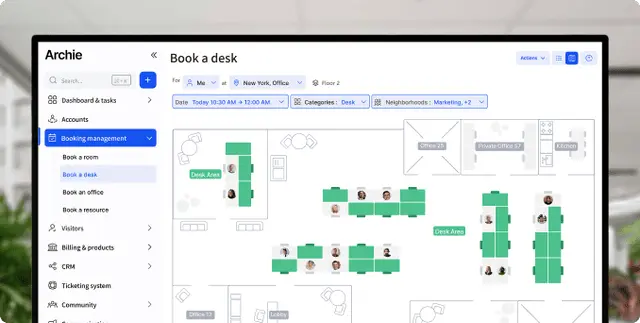
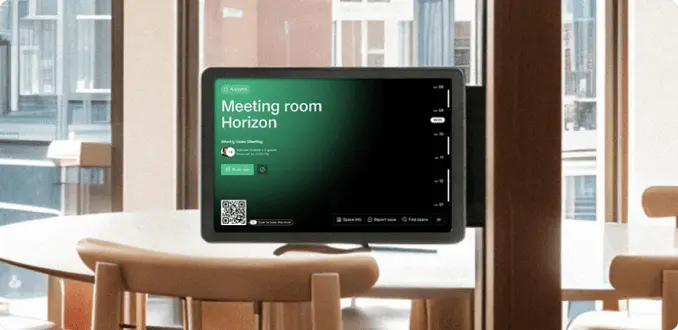



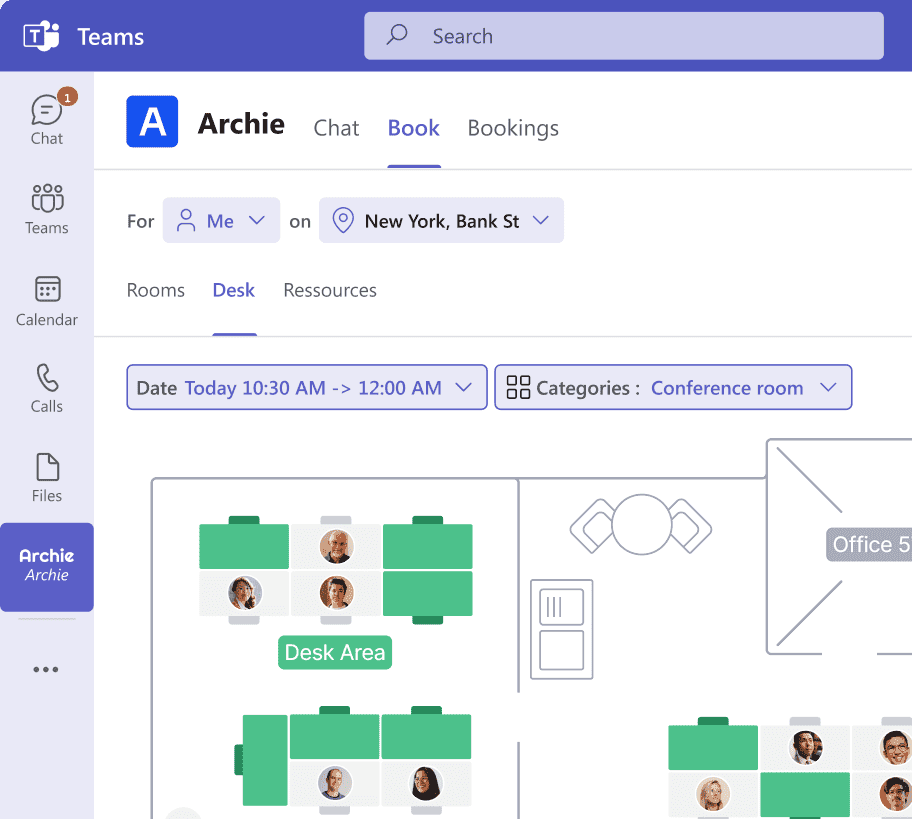



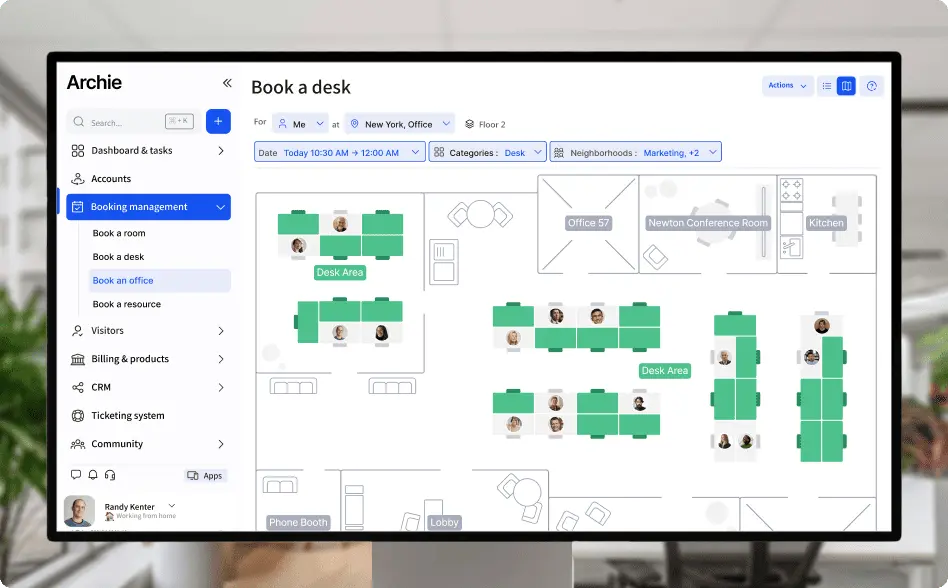
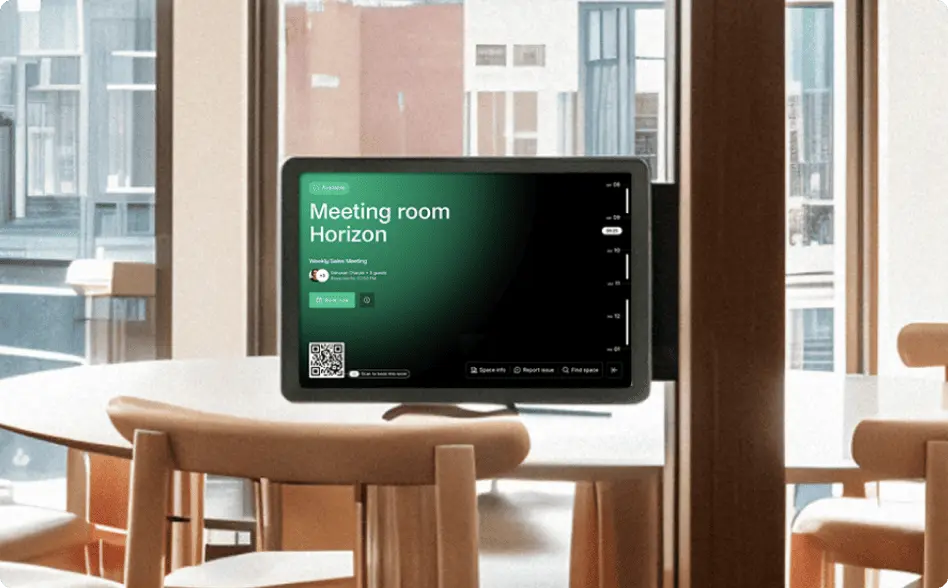







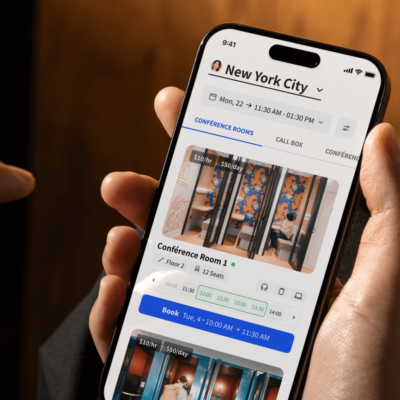

![38 Top Coworking Conferences and Events of 2026 [Confirmed] Top coworking conferences - cover image.](https://archieapp.co/blog/wp-content/uploads/2023/10/coworking-400x400.jpeg)
